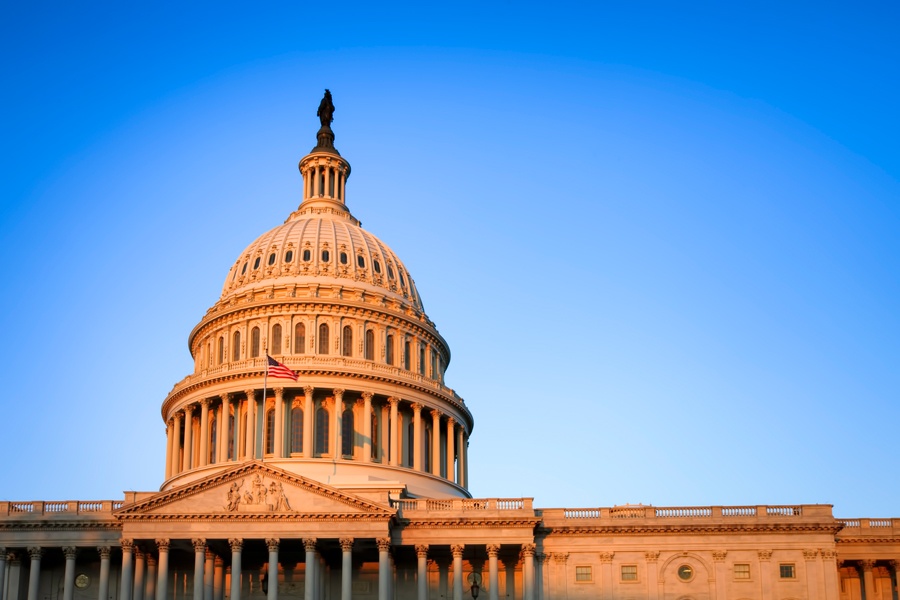

Trade associations representing brokerages and investment funds spent more lobbying lawmakers last year than groups representing investment advisers.
Data compiled by the Center for Responsive Politics and filings with the House Clerk’s Office show the usual heavy investment by industry groups in trying to influence legislation.
For instance, the Securities Industry and Financial Markets Association spent $6.6 million on lobbying in 2019, while the Investment Company Institute spent $4.9 million. Both figures were about the same as the amount each group spent in 2018. The Financial Services Institute spent $480,000 in 2019, hitting the same spending level as in 2018.
The insurance industry also weighed in heavily on Capitol Hill. The American Council of Life Insurers spent $4 million on lobbying last year, compared to $3.6 million in 2018. The National Association of Insurance and Financial Advisors spent $2.4 million in both 2019 and 2018. The Insured Retirement Institute spent $440,000 in 2019, up from $290,000 in 2018.
Investment adviser groups were much more modest in their lobbying outlays.
The Investment Adviser Association spent $220,000 in 2019, the same as in 2018. The Financial Planning Association spent between $40,000 and $50,000 in 2019, roughly the same as it did in 2018.
The FPA hired a government relations firm, The Raben Group, to help it lobby lawmakers. For some quarters, the Raben Group filing showed that it spent less than $5,000 on FPA as a client but didn’t specify an amount.
The Financial Industry Regulatory Authority Inc., the brokerage industry self-regulator, also lobbies Congress. It spent $400,000 in 2019 and $440,000 in 2018. Finra does not contribute to lawmakers' political campaigns.
When trade associations file their lobbying reports, they indicate the legislation — or issues areas — that they target.
In 2019, the SECURE Act topped the list for most groups. Congress approved the legislation, which made significant changes to retirement savings policy, in December after the financial industry had been struggling for years to get it over the finish line.
Another bill that appeared frequently on lobbying disclosure forms of industry groups was one that would impose a 0.1% excise tax on financial transactions.
Proponents say the tax would most impact high-frequency trading and would be a relatively painless way to fund important government programs. Critics of the measure say it would set back ordinary investors, who would pay the levy when purchasing stocks, bonds and other products.
“A financial transaction tax harms Main Street America, who uses financial markets to achieve their dreams, including a secure and dignified retirement,” David Bellaire, FSI executive vice president and general counsel, said in a recent interview.

As SECURE 2.0 and state mandates drive micro 401(k) plan adoption, advisors are set to play a bigger role in helping small businesses navigate retirement solutions.

More than three-fifths of surveyed advisors see generative AI as an efficiency booster, though many are still concerned about data privacy and lack of tech integration.

The new offerings, including managed options on Franklin's canvas platform, come as managed account assets surge in the US to hit $13.7 trillion.

Meanwhile, Raymond James bolstered its employee advisor arm with an industry veteran who previously oversaw $750 million at Stifel.

Staffing shortfalls, new policies, and increased demand for clarity create potential speed bumps for tax planning and compliance.
Orion's Tom Wilson on delivering coordinated, high-touch service in a world where returns alone no longer set you apart.
Barely a decade old, registered index-linked annuities have quickly surged in popularity, thanks to their unique blend of protection and growth potential—an appealing option for investors looking to chart a steadier course through today's choppy market waters, says Myles Lambert, Brighthouse Financial.
